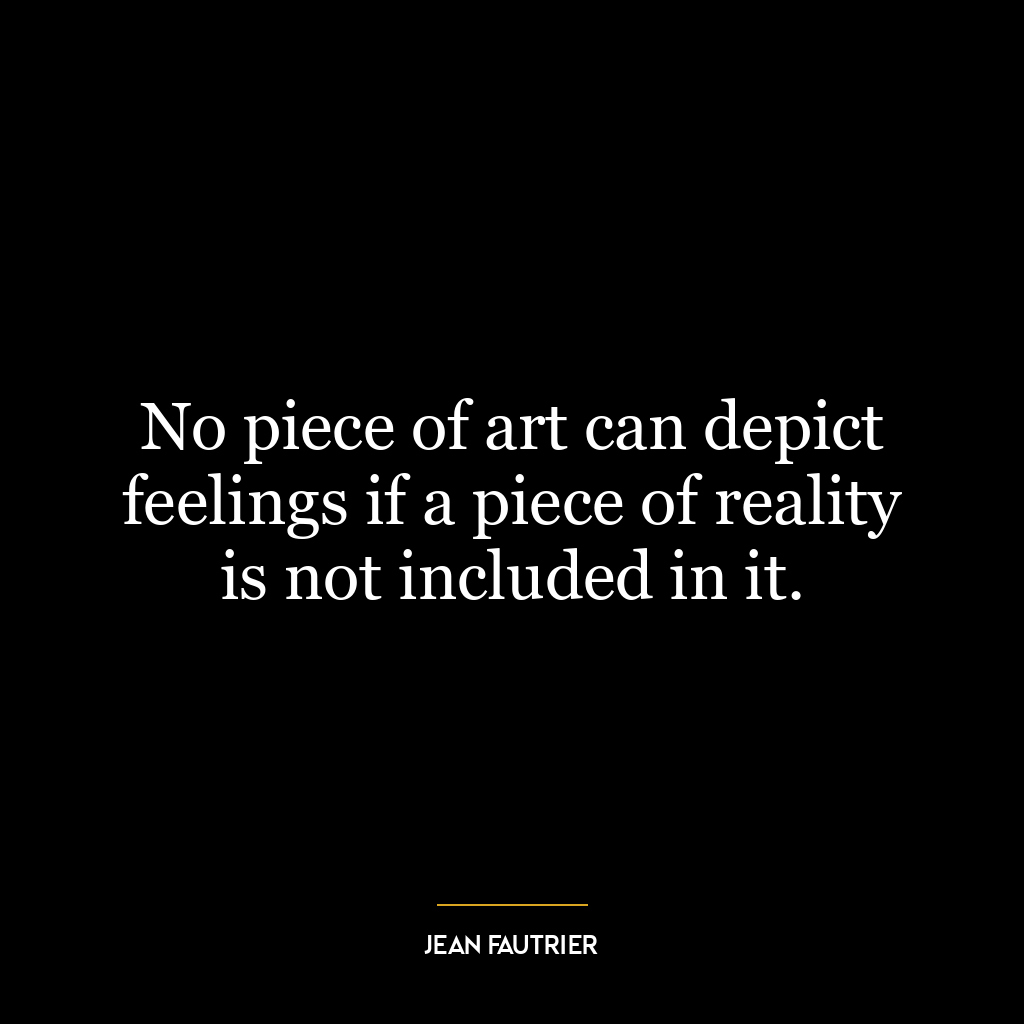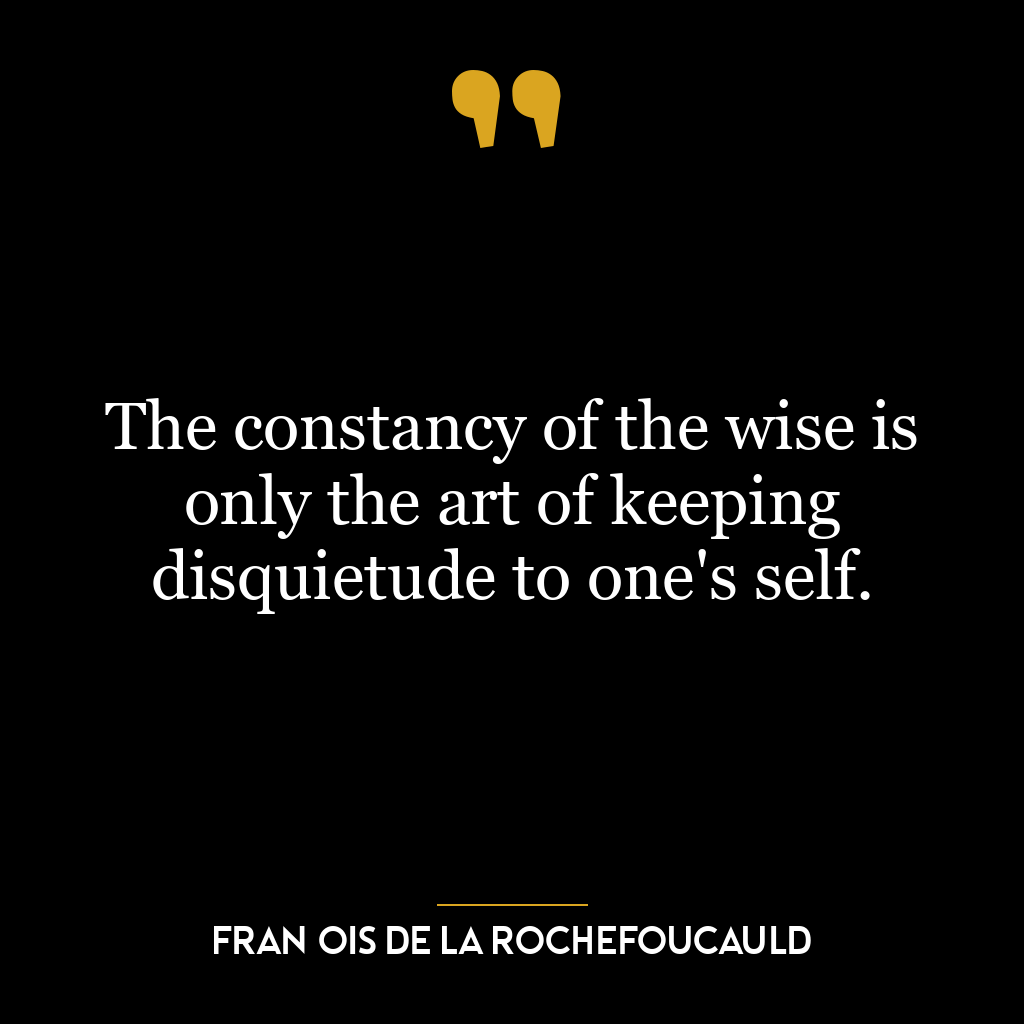This quote is a profound reminder of the importance of staying connected with one’s emotions and inner self. The heart, in this context, symbolizes our emotions, intuition, and deepest desires. The head, on the other hand, represents our logical and rational thinking. Nietzsche is cautioning us that if we lose touch with our heart, our emotions, and our true self, we risk losing control of our rational thinking as well.
In essence, Nietzsche emphasizes the need for balance between emotion and reason. If we let go of our heart, we may become overly rational or cold, losing our ability to empathize, love, or feel passion. Conversely, if we lose control of our head, we may become excessively emotional or impulsive, losing our ability to think clearly or make rational decisions.
In today’s fast-paced, highly rational world, we often prioritize logic and reason over emotions. We’re told to suppress our feelings in favor of rational decision-making. However, this quote reminds us that our emotions are equally important. They make us human, drive our passions, and often guide us when logic fails.
In terms of personal development, this quote suggests the importance of emotional intelligence. It’s not enough to be intellectually smart; we also need to understand and manage our emotions well. If we lose touch with our emotions, we risk losing our ability to make sound decisions, relate to others, and navigate the world effectively.
So, it’s crucial to “hold on to one’s heart” and maintain a healthy balance between emotion and reason. This balance allows us to lead a fulfilling life, make wise decisions, and build strong relationships.









